Taylor’s once again pull the strings of many hearts with its new Deepavali festive ad titled ‘Purpose’.
In a twist to its common narrative of ‘education’, Taylor’s new short video discusses the goals of education as the greatest calling to not just think of education as a means to make a living, but also a purpose to create a difference in our community.
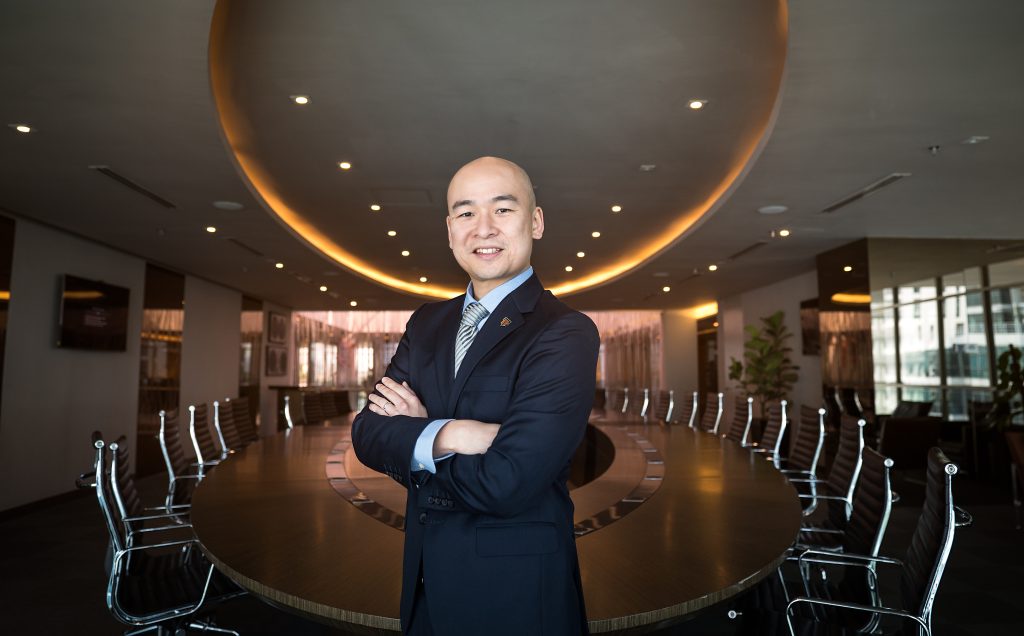
Ben Foo, Taylor’s Education Group Chief Marketing Officer said “Through the years, we’ve produced short films like Curious Kumar and The Thief conveying the idea that knowledge illuminates one’s perception, belief, and values, and dispels ignorance’s darkness.
This year, we maintained a similar approach but rather than attempting to reason why it is necessary to have an education for oneself, we aimed to illuminate audience on what our education can do for others.”
‘Purpose’ follows the story of Rama, a mid-30s lawyer representing a developer in a case against homeowners in a squatter settlement.
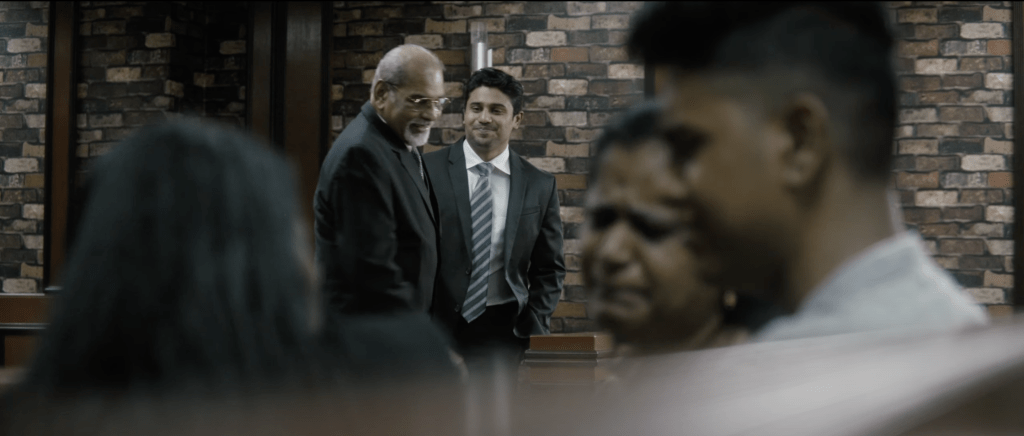
Upon the announcement of their win against homeowners by the court, Rama’s boss, Mr Siva, said to him “Well done Rama. If you keep this up, we can soon talk about making you a partner.”
Despite the news, Rama feels reserved with the outcome as he glanced over to Ms Santha, a leading lawyer on the losing team, consoling a mother and son homeowner who just lost the case.
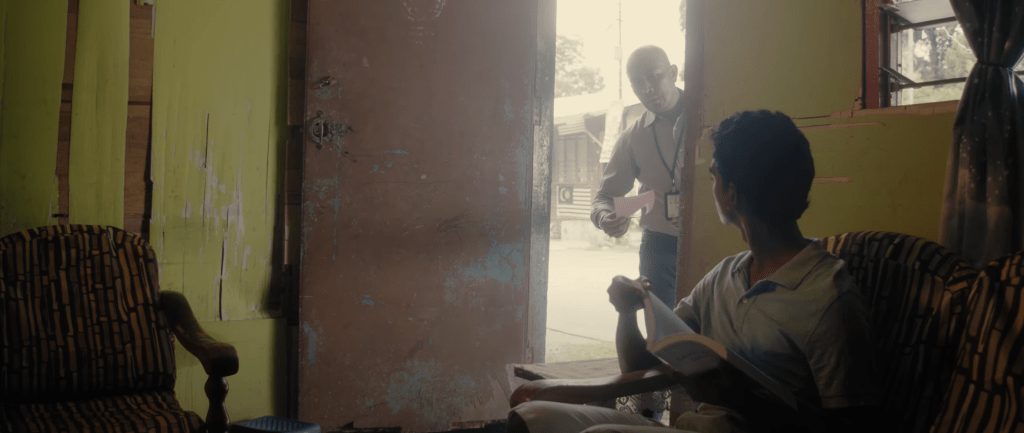
The scene cuts away to a flashback memory where a man knocked on the door of a home of a young Indian boy. The man handed him a red letter where it read notification of evacuation.
The boy, feeling distraught, asked his mother “How can they expect us to move out just like that?”
The mother then replied “The land was sold to a new developer. They want to use it to build houses.”
The young boy then went on a rant saying how the situation is unfair – that they have been living in the home for so long and how they must do something about it.
Frustrated, the mother then said to him “Stop talking and pack up! People like us can’t do anything.”
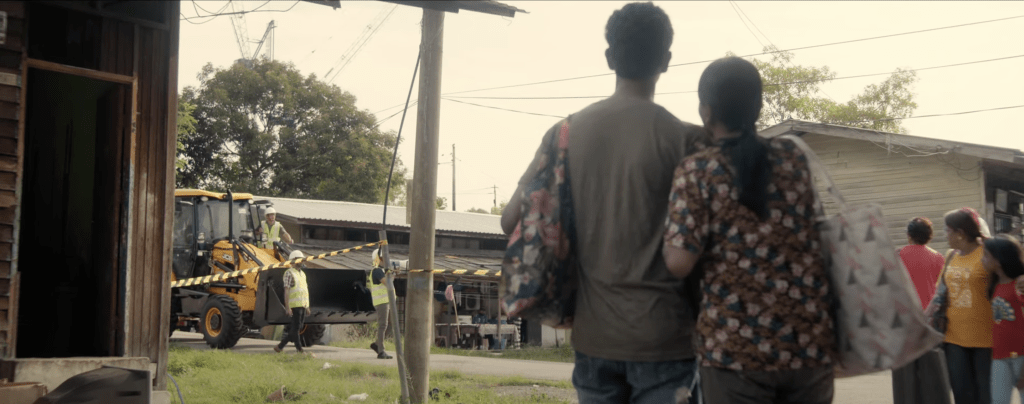
The scene then cuts to a construction worker as he shouts on a hailer. The young Indian boy and the mother, as well as other families in the community, can be seen carrying their belongings as they helplessly evacuate their homes.
Just as the houses were about to be destroyed, Ms Diya, a young lawyer shouts to the workers to stop and declared that she has a court injunction to stop the demolition exercise.
She went on to say “These are not squatter houses. They are pioneer settlers of this area. The land belongs to them. This is a Temporary Occupation License before the appeal proceedings.”
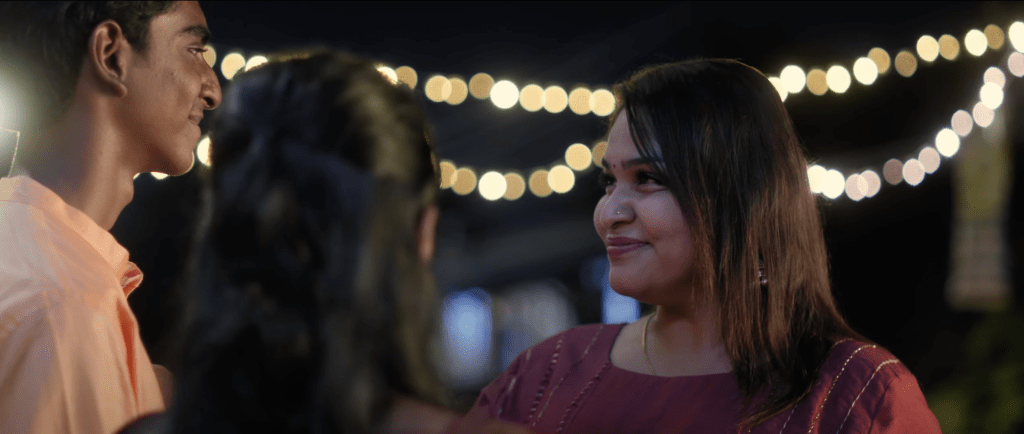
In another scene against the backdrop of a Deepavali celebration, the young Indian boy and his mother approached Ms Diya to offer her a small token of appreciation. Ms Diya, however, refused.
Despite insistence from the young Indian boy’s mother to accept the token on the basis that Ms Diya has studied hard for her law education, Ms Diya reasoned “When I chose to study law, it was never about the money.
I believe education is not just to make a living for ourselves but to make a difference for others. That’s what makes it worthwhile for me. My purpose.”
Ben further elaborated that the film also aims to highlight the role of education institutions in the 21 st century setting – which not only require colleges and universities to develop the intellectual and analytical capabilities of students, but also produce competent, empathetic, and benevolent individuals that can positively contribute to the socioeconomic development of society.
“Aligned with our mission to be a purpose-led institution that is the best for the world – not just in the world, the video puts forth the notion for viewers to understand that education is not only about doing what one is told to do with the knowledge and skills that they have, but also to think for oneself in favour of others.
Employers in the future will need educated individuals who can think, challenge norms and create value, not mere obedient automatons.”
Cut back to present day, Rama is sitting outside the courtroom, contemplating on his supposed victory.
In the next scene, audience are taken to Ms Santha’s law firm. Just as Rama was about to speak, Ms Santha interjects coldly “I know who you are. What do you want?”
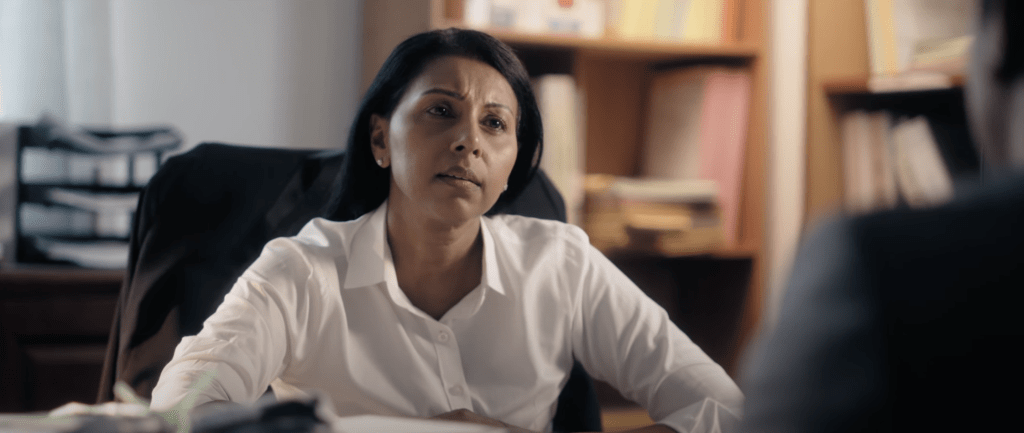
Rama places a CV (curriculum vitae) on Ms Santha’s desk and said that he is there to apply for a position at Ms Santha’s firm. This confuses Ms Santha, prompting her to ask Rama the reason for his decision.
As the story continues, viewers are taken back to the Deepavali celebration scene where we get to understand Rama’s journey of becoming a lawyer and his reason to work with Ms Santha.
Taylor’s Deepavali film can be viewed here:
CREDIT:
Creative Head: Reuben Kang, Daniel Mok
Executive Producers: Reuben Kang, Jeremy Teo
Director: Koh Chien Han
Producers: Irwin Oon, Jonathan Toh
Dir. of Photography: Arvintharan Vallithan
Art Director: Sherwin Nunis
Production Manager: Jonathan Toh
Soundman: Chen Fuan Sheng
Wardrobe Stylist: Woon Li Tien (Momo)
Make Up Artists: Chong Shi Ban (Ethan), Lau Yee Jing
Tamil Script Consultant/Translator/Proof Read: Kuben Mahadevan (Koba)
On-set Script Supervisor: Lenathannimalai Srinivasan
Casting: Jonathan Lee
Location Manager: Kenny Ong
Facilities: Prabakaranravi, Francis
Offline & Online Editor: Koh Chien Han, Wendy Pua
Music Composer: Edwin Saw, Roaf
MARKETING Magazine is not responsible for the content of external sites.










